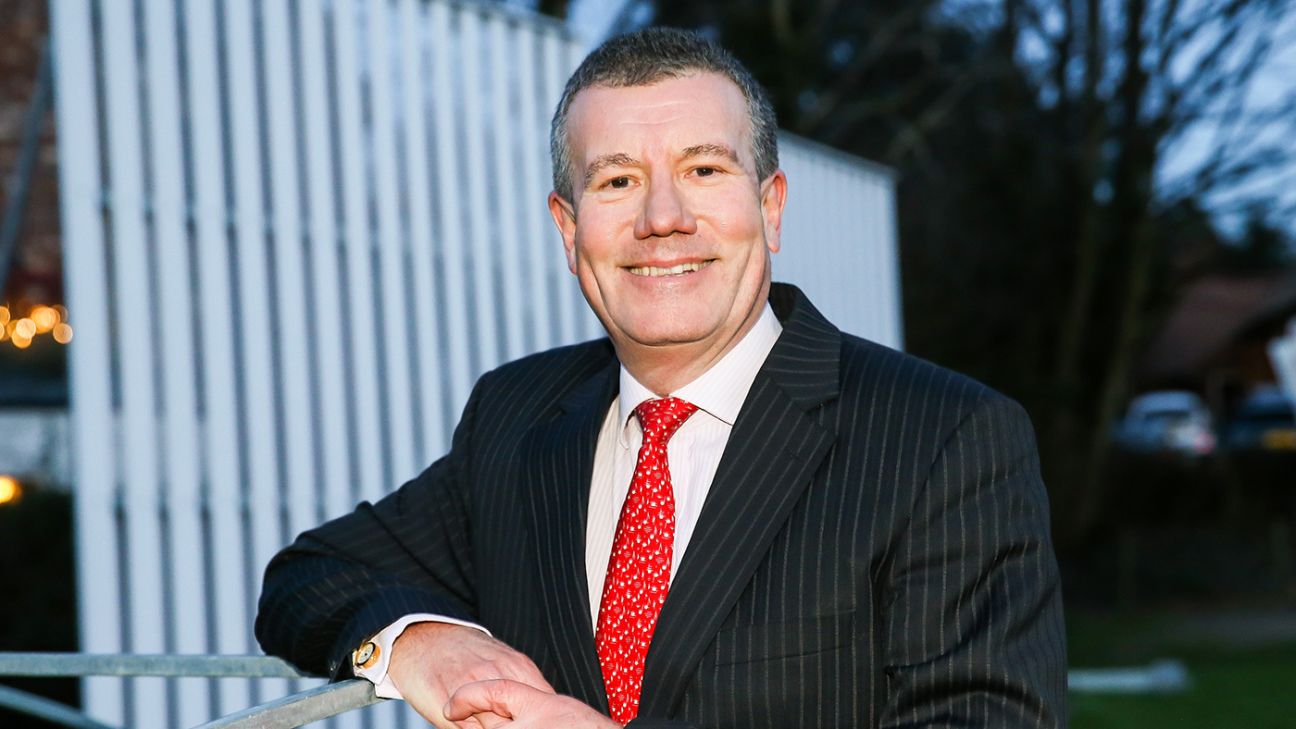Board finances report major dip in reserves after £100m shortfall in 2020
Ian Watmore, the ECB’s chairman, has announced his ambition to “help the game repair its Covid-inflicted wounds” via a business plan that will reduce the “unsustainable levels of debt” within English cricket.
The ECB reported a drop in group reserves to £2.2 million – just over 1% of turnover, compared to a desired 40% – and a pre-tax loss of £16m for the year ending January 31, 2020 on Tuesday, following its annual general meeting.
“Covid-19 has weakened the underlying financial health of the whole game – professional cricket in particular – leading to income falls, cash-flow squeezes, deferred investments, downsizing, an escalation in debt, all against an uncertain global and domestic economic backdrop,” Watmore wrote in his blog. “This has led to concerns of survival, stability and sustainability of many entities within the game, and hence the entire ‘eco-system’ of the game as we know it.”
In its financial statements for 2020-21, the ECB confirmed that revenue losses amounted to “more than £100m compared to what had been expected to be received” and highlighted the postponement of the Hundred and the staging of biosecure international cricket as key factors.
The ECB reported that overall group reserves were down to £2.2m, down from £17.1m last year and £73.1m in 2016. With turnover of £207m – a fall of £21m from the previous year – reserves are £80m below the desired level of 40%.
Cost-cutting measures last year included stopping some planned investment, furloughing staff, and pay reductions, as well as reducing head count from 389 to 331 through a redundancy programme.
Watmore also revealed his intention to “work with the game to create a business plan for cricket through modelling scenarios for the future” for the years 2022-31, when the next cycle of international cricket concludes.
“This exercise will shine a light on where the major issues exist, and at what scale, and the game will consider options and ideas, from the simple to the more radical,” Watmore wrote. “The overall aim is to give the whole game a shared big picture over the long term, and the financial and business plan to help the game repair its Covid-inflicted wounds as it moves to a better, more sustainable future.”
Watmore highlighted five areas: growing the grassroots game; ensuring “exciting and accessible cricket” is played in “modern and digitally connected” stadia; creating sustainable business models in the professional game; reducing and/or recapitalising the “unsustainable levels of debt”; and investing in “growth areas like the Hundred, the Blast, streaming and the women’s game”.
Watmore’s plan is to model a “baseline” option before a July meeting between the ECB and its stakeholders, with “various ‘what-if’ analysis” due to be completed before an end-of-project assembly in November.
“The financial challenges we face are significant, but I believe that by working through this together, we can find the right answers to ensure we have a sustainable business plan for the future and deliver on the ambition of growing the game,” he wrote.
The ECB’s board also ratified the appointment of Baroness Valerie Amos as an independent non-executive director, succeeding Delia Bushell.
